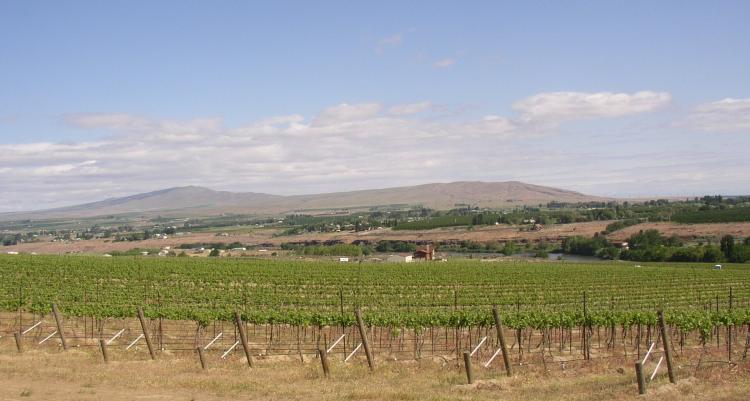
Rosa Ortiz, program coordinator at the Yakima Valley Farm workers clinic
Rosa Ortiz is a program coordinator at the Yakima Valley Farm workers clinic. She is originally from California but lived in Toppenish, WA for most of her life. Rosa has worked for the Yakima Farm Workers Clinic for 25 years, supervising community health workers who help patients in the exam rooms with resources and services.
Rosa joined the UW Alzheimer’s Disease Research Center Community Advisory board (ADRC CAB) after being invited by Dr. Linda Ko, MPH, PhD, one of the leaders of ADRC to include more voices from the Yakima Valley on the goals of Alzheimer’s research. Rosa regularly sees patients 50 years or older and many of these patients may benefit from Alzheimer’s disease and dementia resources.
Access to care, support, and educational resources for Alzheimer’s disease and other causes of dementia is crucial in low-income and diverse communities, as these communities have been shown to be more affected by Alzheimer’s disease, as well as risk factors. As part of the CAB, Rosa gets to provide personal and community feedback to the ADRC team. “And what I've learned in the CAB is that not only do we provide feedback, but we get to be part of a bigger group where we might be able to advocate for our patients in our community,” says Rosa. Being part of the CAB has made Rosa realize that she can make a difference in her own community by encouraging more people to participate in research.
The CAB is trying to help dismantle common barriers to accessing resources across communities in Washington. There are not many places where people can find memory loss resources, aside from the hospital, which is unavailable to some because of documentation status. Having low income, language barriers, and lack of transportation or time to accompany family members to appointments are some of the biggest issues when it comes to getting access to resources in the Yakima valley.
Rosa hopes that in the future, there are accessible clinics specifically for people experiencing memory loss or dementia in diverse and low-income communities. Most agencies focusing on memory loss diagnosis and care are located in the Seattle area or in other big cities, and most people who can get to these agencies are non-Hispanic white people and those who have the means for transportation and time off work.
Rosa also hopes to see more participation from Latino/a/x and Hispanic community members in Alzheimer’s research, so findings and treatments can apply to diverse groups. “I thought for sure that when research is done at a national level, everybody's included. And I realized from participating in this CAB that that's not the case.” Rosa envisions that cognitive testing and other research evaluations could happen remotely and at sites closer to the Yakima community.
“We are trying to make a difference,” says Rosa. “We are trying to participate. And we're trying to speak about our needs. I'm glad that the ADRC is listening.”






